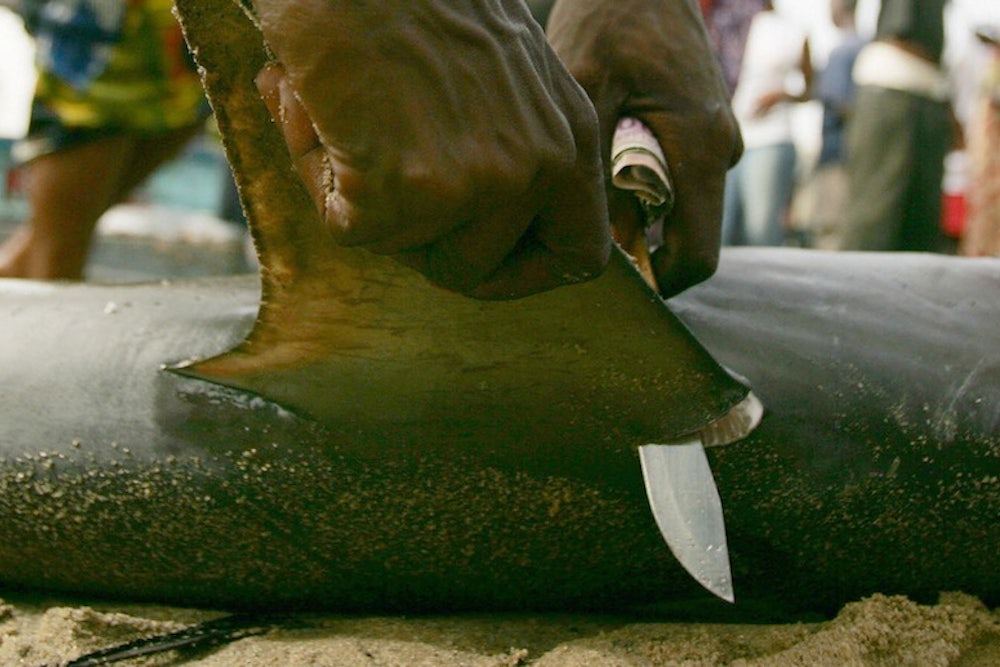The Trans-Pacific Partnership, a trade deal that the Obama administration calls a “top priority,” has earned the president relentless criticism for the secrecy of negotiations. Now, drafts of some of the agreement’s chapters, posted by WikiLeaks, are raising new concerns. After the chapter concerning environmental policy and protections went public Wednesday, the Sierra Club, Natural Resources Defense Council, and World Wildlife Fund released a disappointed analysis of its contents. "This draft chapter falls flat on every single one of our issues—oceans, fish, wildlife, and forest protections—and in fact, rolls back on the progress made in past free trade pacts,” said Michael Brune of the Sierra Club in a statement.
The U.S. is negotiating with tough partners. Australia’s prime minister has called climate change “absolute crap.” Canada has compromised civil rights at home to push itself as an energy power abroad. As former head of the United States trade representative’s environmental office Jennifer Haverkamp told The New York Times, “If the U.S. is the only one pushing for [environmental requirements], it’s a real uphill battle to get others to agree if they don’t like it.” But the green groups' report illustrates that the TPP would fall short of standards established in 2007 by a bipartisan trade deal between Congress and President George W. Bush. Here are a few of the worst aspects of the TPP:
—The 2007 agreement stated: “All of our [free trade agreement] environmental obligations will be enforced on the same basis as the commercial provisions of our agreements—same remedies, procedures, and sanctions.” The TPP would strip away this enforcement mechanism. The report explains: “If one country suspects a potential violation of the TPP environment chapter,” it can set in motion a process that would end with the party requesting “an arbitral tribunal which would consider the matter … and present the disputing Parties a report. … If the arbitral panel finds that one of the Parties has failed to comply with its obligations in the environment chapter, the Parties ‘shall endeavor’ to agree on a ‘mutually satisfactory action plan’.” If the offending country decides to ignore this action plan, “there is no recourse.”
—Likewise, the U.S. agreed that it would incorporate multilateral environmental agreements into its FTAs and that those would be binding. The TPP only requires each country to “affirm its commitment” to putting those agreements into practice.
—The language of “affirming commitment” comes up again in an article about illegal trade in endangered species. The report points out: “All TPP countries are signatories to [the Convention on International Trade in Endagered Species], but commitments are sometimes poorly implemented with devastating effects on species.” Unfortunately, it appears that “only the U.S. supports making the CITES commitments under the TPP legally enforceable by settlement mechanism.”
—Many hoped the TPP would address the issue of “shark finning.” The gruesome practice involves cutting off a shark’s fins, which are a delicacy in some of the Asian Pacific nations involved in the negotiations, and throwing the animal back into the ocean to die. The draft released does not include any explicit requirements vis-à-vis shark fishing.
